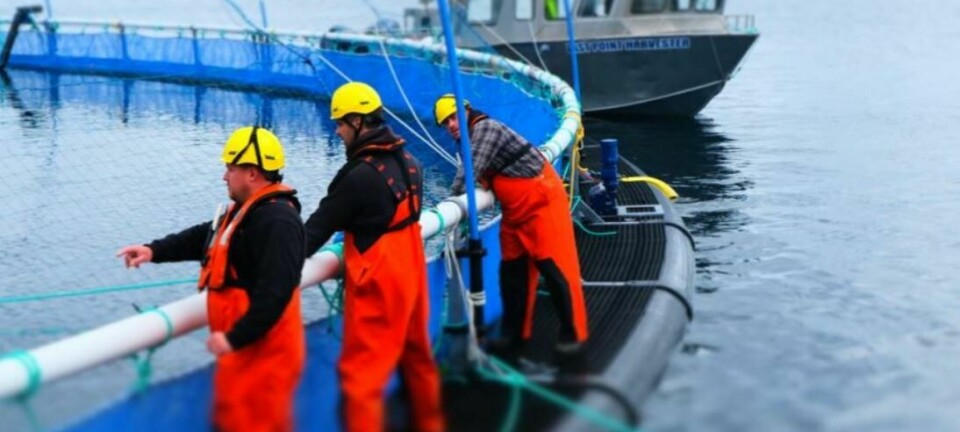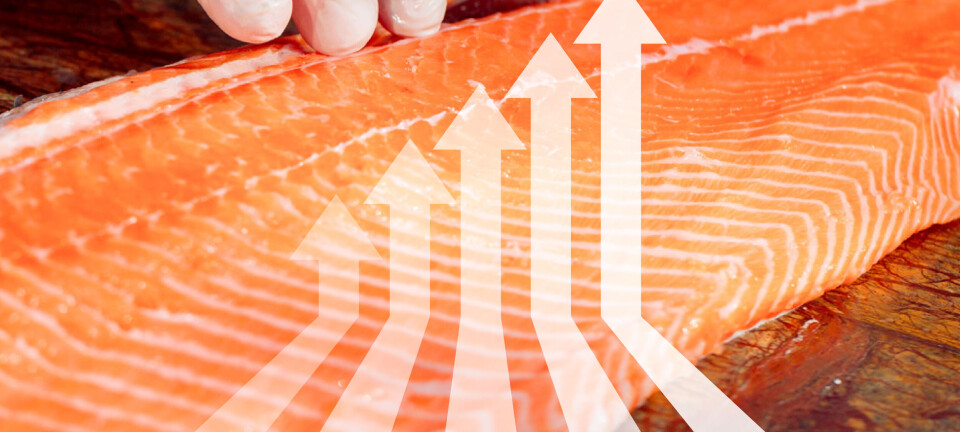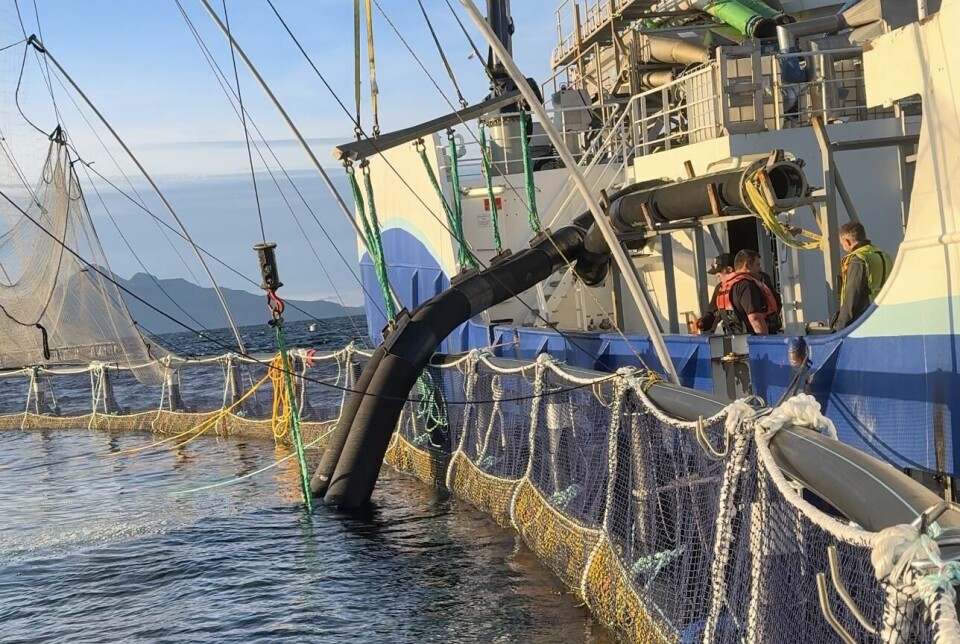
How Mowi plans to grow by 100,000 tonnes in five years
Today, global salmon farmer Mowi is hosting its capital markets day in Fosen, Norway where the company is presenting plans for further volume growth from 500,000 to 600,000 gutted weight tonnes per year, as well as additional cost savings of €300-400 million.
“After reaching a milestone 500,000 tonnes of salmon harvested in 2024, we are now looking ahead to the next milestone of 600,000 tonnes which we aim to fulfil in 2029," said chief executive Ivan Vindheim in a stock exchange announcement. “We will achieve this through better utilisation of licence capacity, while also improving productivity and biological performance of existing production through our investment in post-smolts.”
In addition, Mowi reports that it plans to cut costs in the range of €300-400 million during the same period through an ambitious cost improvement program.
Mowi describes its strategy as resting on three pillars: volume growth, competitive costs, and sustainability.
Use of post-smolts
The company has grown from producing 375,000 gwt of salmon in 2018 to 500,000 gwt in 2024. It wants to continue this upward trend.
"We have grown more than the rest of the industry in recent years, and that is the goal moving forward. Through increased smolt release and the use of post-smolts, we will be able to produce a total of 600,000 tonnes of salmon in 2029 and strengthen our position as the leading producer of Atlantic salmon," said Vindheim.
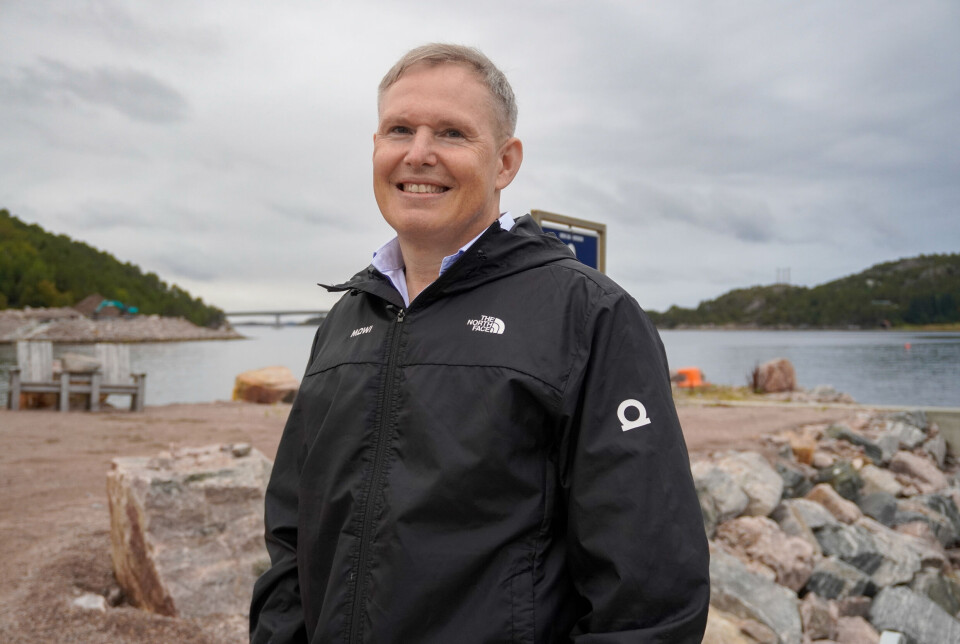
Secondary processing and feed
The company's continued growth in aquaculture will also lead to growth in the company's two other divisions - Consumer Products (secondary processing) and feed production.
"The rest of the value chain will grow in line with aquaculture going forward. To produce more salmon we need more feed, and when we produce more salmon it means more raw materials to our 20 further processing factories around the world," said Vindheim.
Focus on sea-based farming
The company estimates a growth in revenue of 7-8% per year over the next five years. This will result in an expected revenue of €8.5 billion (NOK 100 billion kroner / £7.1bn) compared to €5.5bn in 2023.
Mowi states that its focus will continue to be sea-based salmon farming and related technology but it is also closely monitoring the development of other technologies, and is ready to adopt these when, and if, the time is right and it is profitable to do so.
Furthermore, Mowi aims to grow through profitable acquisitions, provided that it fits within the company's operational strategy.
€300-400m savings
Mowi launched a programme to cut costs in 2018. Through 1,700 different initiatives across the entire value chain, the company has altogether saved over €300m since then.
"It is very important for us to be cost leaders throughout the value chain. Today we are the best or second best in terms of costs in all the regions where we operate aquaculture," said Vindheim. "Downstream we are also at the forefront. But in a world where the costs of our input factors are constantly increasing, and we face stricter and stricter requirements, cost improvements are more important than ever. We therefore wish to strengthen our position through a series of measures of both a biological and more generic nature, and cut an additional €300-400 million over the next five years,."
Mowi 4.0
Beyond the company's post-smolt strategy and the improved biological performance that brings, Mowi's digitalisation and automation strategy - Mowi 4.0 - is central.
"We launched Mowi 4.0 in 2021, and have since then heavily invested in a number of measures to streamline and automate processes throughout the value chain. We are already seeing the benefits of this work in terms of sustainability, productivity, and cost, and expect to be able to extract even more in the years to come," said Vindheim.
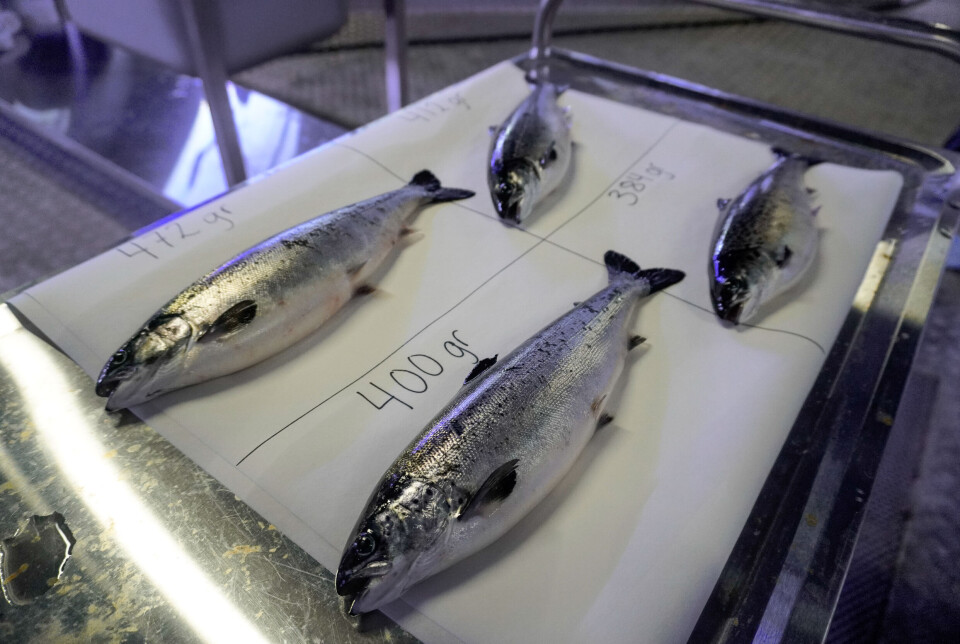
Significant welfare effects from post-smolts
The third and final pillar in Mowi's strategy is sustainability. It reports that earlier this year TIME Magazine named Mowi as one of the world's 500 most sustainable companies in 2024, and highlighted the company's corporate responsibility and sustainable operations. Furthermore, Mowi has also been named the world's most sustainable producer of animal proteins by the Coller FAIRR for five consecutive years in strong competition with all the largest animal protein producers in the world.
"Sustainability is central to Mowi throughout the entire value chain. However, the conditions in the sea and the health of the fish are now in focus. We are heavily investing in post-smolts and Smart Farming solutions that will improve fish welfare, including survival," said Vindheim.
Better survival
Releasing larger smolts results in higher productivity, higher survival, and better fish welfare. Next year, 25% of Mowi's smolts will be post-smolts. In Norway, as much as half of the smolts Mowi releases in relevant areas will be post-smolts, which will increase to 75% by 2029.
"We have reason to believe that by releasing a larger and more robust smolts, we can increase survival by up to 50% and reduce the number of delousings by 40% in certain areas," said Vindheim.
Mowi Smart Farming also has a positive effect on fish welfare, believes Vindheim.
"We continue to roll out our Smart Farming concept in Norway, which allows us to monitor fish behaviour and welfare even more closely, and to implement measures much earlier and more precisely. With so many sensors in so many facilities along the entire coast as we have, there are enormous amounts of big data that continuously provide us with increasing insight into and knowledge about the fish and the conditions in the fjords," said Vindheim.
Demand keeps growing
"One of the cornerstones of the success of the aquaculture industry has been, and will continue to be, the strong demand for salmon. The megatrends partly driving this demand are stronger than ever. Health trends, increasing need for sustainable proteins, and the unique versatility of salmon make it a natural choice for more and more people," said Vindheim.
Mowi expects that the demand growth for salmon will be higher than the supply growth going forward.
"We continuously strive to improve and develop ourselves and our products in line with consumer habits and needs. Through the MOWI brand, we aim to change the way salmon is sold. However, it is important to acknowledge that salmon is still largely sold as a commodity in a highly competitive market. Therefore, it is crucial for us to be cost leaders in this part of the value chain as well. Our Smart Factory concept is therefore very important for our more than 30 factories, and the goal is to cut €60m in this part of the value chain over the next few years," said Vindheim.



